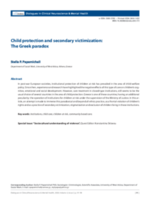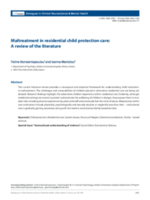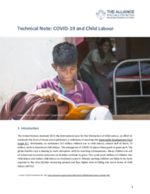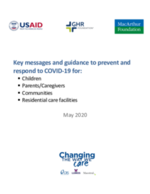Child protection and secondary victimization: The Greek paradox
This article argues that Greece's use of closed-type institutions for child protection is violation of children’s rights and a practice of secondary victimization, stigmatization and exclusion of children living in these institutions.




